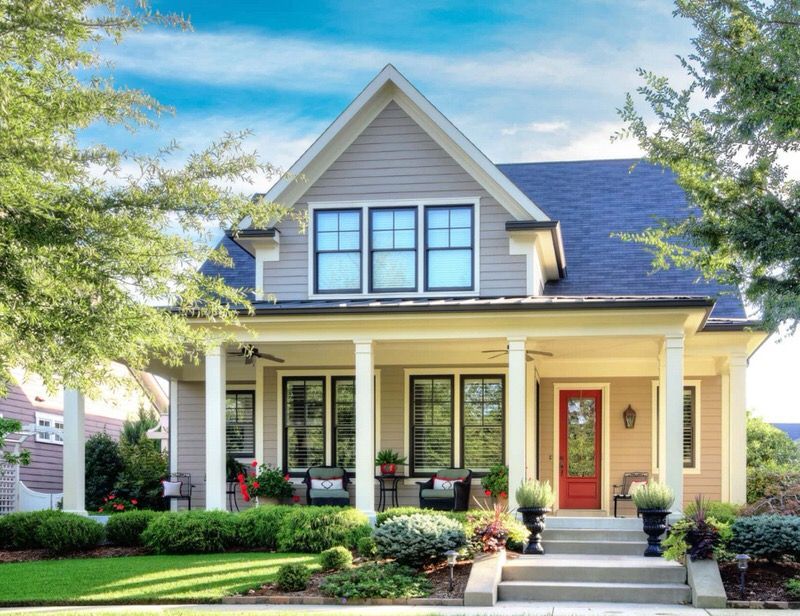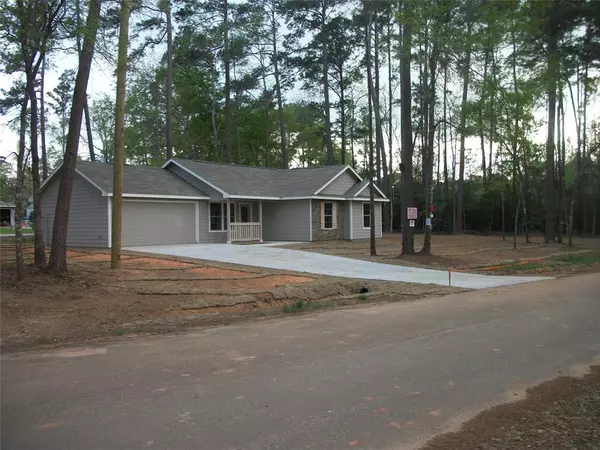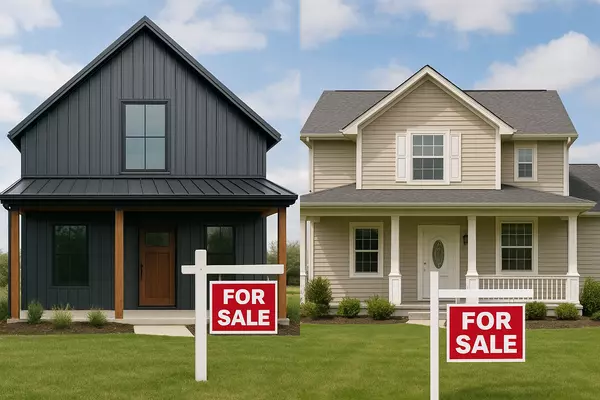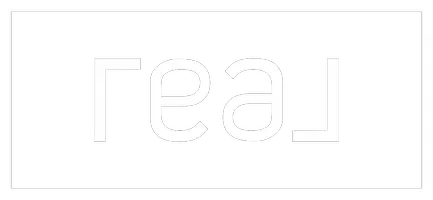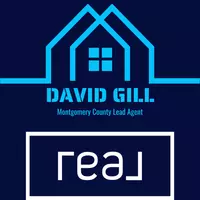What Happens To Your Mortgage During a Recession? Written by Ashley Sutphin

A healthy economy includes low unemployment, increases in manufacturing, income security, and steady or climbing interest rates.
Recessions can come along suddenly, or they can be a gradual process. Regardless, recessions include several months of high unemployment. People might spend less because they’re uncertain, so business earnings go down. Manufacturing can decline because companies tighten spending, leading to job losses.
How Does a Recession Affect Mortgages and Interest Rates?
When consumers spend less, less money flows through the economy. During a recession, the Federal Reserve often adjusts interest rates to minimize economic disruptions. This can help stabilize the markets, and consumer confidence can rise, encouraging more spending.
Lenders then use the adjusted interest rate to set their loan and mortgage rates.
The problem is that people are less likely to spend during a recession and would instead save, so loans aren’t in high demand.
Home prices during a recession will often decline.
What Happened During the Great Recession?
The Great Recession lasted from 2007 to 2009. The housing crash that triggered it had an incredibly impactful impact on mortgages and the housing market.
Home prices went down quickly throughout the U.S., and unemployment soared. As a result, homeowners found themselves owing more on their mortgages than their homes were worth, and many faced foreclosure.
That’s not always what happens during a recession, though. In most modern recessions, house price appreciation has stayed relatively steady, and year-over-year growth in home sales has only declined a bit.
Home prices and the sales of existing homes don’t inherently go down because there’s a recession.
The housing market typically benefits during a recession. Monetary policy is loosened to stimulate the economy, leading to lower mortgage rates. This increases homebuying power, and homes become more affordable if people are willing to spend.
You Could Refinance
If there were a recession and mortgage rates went down because of it, in theory, if you had an existing mortgage, you could use it as an opportunity to refinance. Of course, you would have to be approved by a lender to refinance.
That can be more difficult during a recession, both because of economic factors and changes in personal finances.
What About Buying During a Recession?
While it can seem scary, buying a home during a recession can be a good long-term financial decision if you’re in the position to do it.
You may face less competition among buyers, lower housing prices, and lower interest rates. Since there’s diminished consumer confidence during a recession, you’re not likely to face the bidding wars that homebuyers are dealing with.
Of course, you’d have to have a steady income and be confident that it would stay the same for the foreseeable future.
Adjustable-Rate Mortgages
The type of mortgage that could be most directly affected by a recession is one that’s an adjustable-rate.
An adjustable-rate mortgage has a variable interest rate. The initial rate is below the market rate for a comparable loan with a fixed rate. Then, as time goes on, the rate goes up. If you have an adjustable-rate mortgage for long enough, the interest rate will go beyond the market rate for a fixed loan.
During the mid-2000s housing crash, borrowers with adjustable-rate mortgages couldn’t make their payments when they soared. Since then, there have been more government regulations, but it could still be an issue.
Some adjustable-rate mortgages are structured so the rate can more than double in just a few years.
If you had an adjustable-rate mortgage and your rate quickly went up during a recession, and you were facing economic troubles or a job loss, you might not be able to make your payments.
Overall, if you’re currently a homeowner, a recession isn’t likely to directly impact your mortgage itself. However, it could theoretically affect your home’s value or income. A recession can, in some cases, create opportunities for refinancing or buying a house if you have a stable income.
Categories
- All Blogs (66)
- #FundayFriday (1)
- 55+ Communities (3)
- Barndominium (2)
- Barndominiums vs Traditioonal Home (1)
- Buyers (35)
- Celebrity Chefs (1)
- Down Payments (2)
- Exterior Projects (4)
- Farm and Ranch (1)
- First-Time Buyers (30)
- First-Time Sellers (13)
- Flipping Homes (6)
- Holiday Cooking (1)
- Holidays (1)
- Home Improvements (22)
- Home Maintenance (8)
- Home Safety (1)
- Homeowners (10)
- Housing Market (36)
- Houston Living (1)
- Interest Rates (8)
- Interior Projects (6)
- Kithens (3)
- Living in Texas (1)
- Local Business (1)
- Money Saving Tips (22)
- Mortgage/Financial (27)
- Moving (2)
- Negotiating (6)
- New Home Builds (3)
- New Home Construction (3)
- Outdoor Projects (8)
- Painting (5)
- Questions for your Realtor (1)
- Recipes (1)
- Remodling (8)
- Renovations (8)
- Sellers (18)
- Senior Living (2)
- Shop Local (1)
- Small Business (1)
- Style of Homes (1)
- Taxes (2)
- Trends (10)
- Veterans (2)
- Weekly Talking Points (1)
Recent Posts


